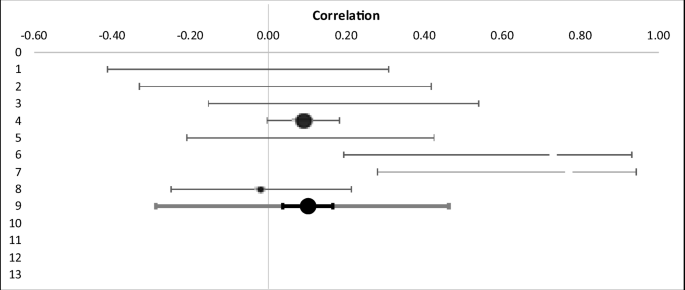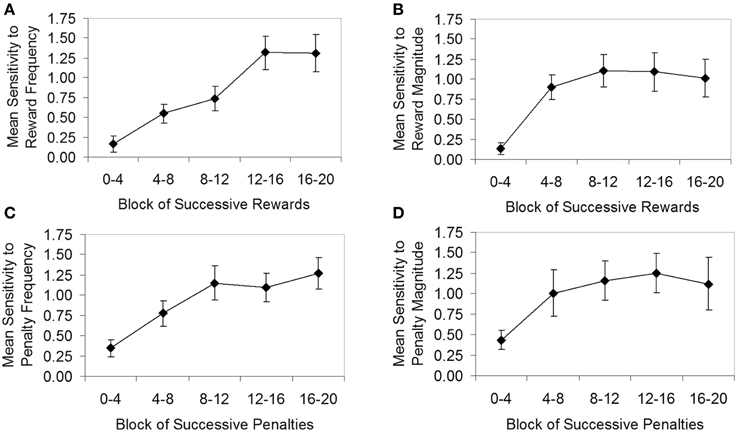The Iowa gambling task is a psychological task thought to simulate real-life decision-making.It was introduced by Bechara, Damasio, Tranel and Anderson (1994), then researchers at the University of Iowa. It has been brought to popular attention by Antonio Damasio, proponent of the Somatic Marker Hypothesis and author of Descartes' Error. The task is sometimes known as Bechara's Gambling Task, and is widely used in research of cognition and emotion.
- Iowa Gambling Task Bechara 1994 Movie
- Iowa Gambling Task Purchase
- Iowa Gambling Task Bechara 1994 Full
- Iowa Gambling Task Demo
- Iowa Gambling Task Bechara 1994 Movie
The Iowa Gambling Task (IGT; Bechara, Damasio, Damasio, & Anderson, 1994) is often used to assess decision-making deficits in clinical populations. Decision making. The Iowa Gambling Task Bechara, A., Damasio, A.R., Damasio, H., Anderson, S.W., 1994. Insensitivity to future consequences following damage to human prefrontal cortex. Cognition 50, 7–15, which is the most widely used brisk-anticipation taskQ in clinical studies, has been demonstrated to be sensitive to lesions. One of the hallmarks (maybe the hallmark) of an unhealthy gambling approach is the failure to objectively evaluate the odds they are faced with. And one of the ways this can be tested is with the Iowa Gambling Task. First designed by Antoine Bechara and others in 1994, the test was originally used to measure decision-making abilities. This decision-making required that the participants simply select a card from one of four decks – hardly a tricky bet. We have leveraged our industry experience to Iowa Gambling Task Bechara Et Al 1994 work out some cool and exclusive no deposit bonuses from some of the best casinos around for US players. The bonus codes on our site are unique, which means you can use them only if you get to the casino through our website.
Slot canyon hikes near moab. Absolute best opportunity is Little Wild Horse Canyon, which will be on your route between Torrey and Moab. It's paved all the way to the trailhead. Best slot experience you'll have. In Moab, look at a half day canyoneering adventure. Slot canyons are more common in the San Rafael, Robbers Roost area southwest of Green River, about 90 minutes from Moab. A good one for beginners is Little Wild Horse Canyon near Goblin Valley. No guide is necessary. You're into the first slot within 15-20 minutes of hiking. Among the exceptionally beautiful slot canyon hikes in the southern San Rafael area, Little Wild Horse Canyon is a classic, as well as the perfect introduction both to non-technical canyoneering for just about anyone in decent shape. The nearby Ding and Dang Canyons are a bit more difficult, and best suited for experienced hikers. Hiking Mary Jane Slot Canyon, Moab Mary Jane Slot Canyon is one of Moab's hidden gems - the 'trail' is a creek the entire way, which leads to a 30 ft waterfall. This is a great trail to do when Moab is too hot, and you, the dogs, or kids need to cool off.
Iowa Gambling Task Bechara 1994 Movie
Participants are presented with 4 virtual decks of cards on a computer screen. They are told that each time they choose a card they will win some game money. Every so often, however, when they choose a card they will win money, but will also lose some money too. The goal of the game is to win as much money as possible. Every card drawn will earn the participant a reward ($100 for Decks A and B; $50 for Decks C and D). Occasionally, a card will also have a penalty (A and B have an total penalty of $1250 for every ten cards; C and D have a total penalty of $250 for every ten cards). Thus, A and B are 'bad decks', and C and D are 'good decks', because Decks A or B will lead to losses over the long run, and Decks C or D will lead to gains. Deck A differs from B and Deck C differs from D in the number of trials over which the losses are distributed: A and C have five smaller loss cards for every ten cards; B and D have one larger loss card for every ten cards.
Most healthy participants sample cards from each deck, and after about 40 or 50 selections are fairly good at sticking to the good decks. Patients with orbitofrontal cortex (OFC) dysfunction, however, continue to perseverate with the bad decks, sometimes even though they know that they are losing money overall. Concurrent measurement of galvanic skin response shows that healthy participants show a 'stress' reaction to hovering over the bad decks after only 10 trials, long before conscious sensation that the decks are bad. By contrast, patients with OFC dysfunction never develop this physiological reaction to impending punishment. Bechara and his colleagues explain this in terms of the somatic marker hypothesis. The Iowa gambling task is currently being used by a number of research groups using fMRI to investigate which brain regions are activated by the task in healthy volunteers as well as clinical groups with conditions such as schizophrenia and obsessive compulsive disorder.

References[edit | edit source]
Bechara A, Damasio AR, Damasio H, Anderson SW (1994). Insensitivity to future consequences following damage to human prefrontal cortex. Cognition, 50: 7-15.
Assessment | Biopsychology | Comparative |Cognitive | Developmental | Language | Individual differences |Personality | Philosophy | Social |
Methods | Statistics |Clinical | Educational | Industrial |Professional items |World psychology |
Iowa Gambling Task Purchase

Iowa Gambling Task Bechara 1994 Full
Cognitive Psychology:Attention · Decision making ·Learning · Judgement ·Memory · Motivation · Perception · Reasoning ·Thinking -Cognitive processesCognition -OutlineIndex
External links[edit | edit source]
A free implementation of the Iowa Gambling task is available as part of the PEBL Project[1]


| This page uses Creative Commons Licensed content from Wikipedia (view authors). |
Iowa Gambling Task Demo

References[edit | edit source]
Bechara A, Damasio AR, Damasio H, Anderson SW (1994). Insensitivity to future consequences following damage to human prefrontal cortex. Cognition, 50: 7-15.
Assessment | Biopsychology | Comparative |Cognitive | Developmental | Language | Individual differences |Personality | Philosophy | Social |
Methods | Statistics |Clinical | Educational | Industrial |Professional items |World psychology |
Iowa Gambling Task Purchase
Iowa Gambling Task Bechara 1994 Full
Cognitive Psychology:Attention · Decision making ·Learning · Judgement ·Memory · Motivation · Perception · Reasoning ·Thinking -Cognitive processesCognition -OutlineIndex
External links[edit | edit source]
A free implementation of the Iowa Gambling task is available as part of the PEBL Project[1]
| This page uses Creative Commons Licensed content from Wikipedia (view authors). |
